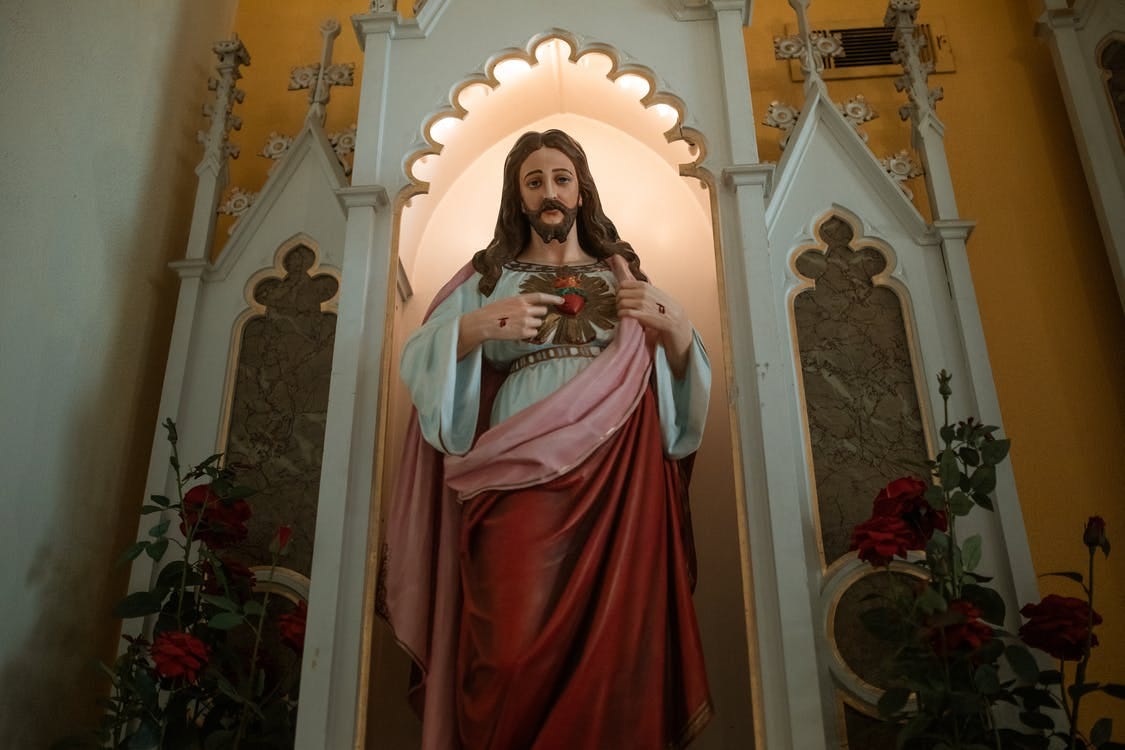The unacknowledged Test Acts
Activists are increasingly barring religious people from even meeting with political leaders
“Poets,” Percy Bysshe Shelley once wrote, “are the unacknowledged legislators of the world.” Some two centuries after his death, bingeworthy TV dramas have more heft than poets, even if the latter can usher in an American presidency. But the best claimants for setting unwritten rules are probably woke activists on social media.
The latest proof comes by the way of Keir Starmer, Labour’s alleged leader. On Good Friday he released a video extolling the virtues of Jesus House, a church in north London which has been operating as a vaccine centre and food bank.
It quickly emerged online that the church had some contentious political views, both in opposing gay marriage and in vague “links” to conversion therapy. The issue had previously been flagged when Conservative leaders Boris Johnson and Theresa May visited Jesus House, and Starmer’s team were slated for not doing the due diligence.

LGBT+ Labour, the main critic of the visit, described it as “unacceptable”. The group alleges that Starmer’s team said the visit would not have gone ahead if he had been aware of the church’s history. After some toing and froing, on Monday evening Starmer deleted the video and apologised.
So what, you might think. A politician made a boo-boo and backtracked. But for comparison, the government’s spokeswoman defended Johnson’s trip to Jesus House. She said the visit was aimed at increasing vaccine uptake among black people, who have been notably reluctant to get the jab.
When this government takes the moral high ground, it’s time to check yourself. But the trouble for Starmer is that the left is under an increasing atmosphere of tolerance towards moral dissenters. Nobody thought that the Labour leader endorsed Jesus House’s attitude to LGBT rights, but it was “unacceptable” for him to even be in the same room as the church’s pastor.
A comparable controversy ensnared the hapless Liberal Democratic leader Tim Farron several years ago. Farron’s equivocating on LGBT issues proved the undoing of his leadership, even though he sought to defend individual religious conscience while supporting gay marriage.
One upshot of Farron’s leadership is that strong Christians effectively can’t lead the Lib Dems, even if they draw a line between personal and public morality. Given the response Starmer faced over merely praising an organisation that had a few backwards views, this must now be true of Labour too.
This country has a long history of religious discrimination, which despite the rancour of recent weeks is more deeply embedded than racism. As the comedian Reginald D Hunter roughly remarked, Britain’s speciality is in systems that discriminate against those who look like us, not those who look different.
Examples of this are seen when people splutter over legal discrimination within the monarchy. Nick Clegg, another Lib Dem leader, once hailed the law being rewritten to allow girls to inherit the throne ahead of younger brothers, while Catholic writers occasionally complain that it’s still illegal for their religious brethren to become the monarch.
The latter point is the last vestige of the Test Acts, which used to bar Catholics from various public offices. Yet while official legislation to this end has mostly been repealed, the growing clamour from woke activists to disqualify anyone who carries the faintest whiff of bigotry from office is its unwritten equivalent.
Normally white Christians are the victims, so in complaining about Jesus House with its links to Nigeria the activists were being unusually broad-minded. We shall see how far this breadth extends when a similar controversy inevitably snags a politician from the Muslim community, which remains deeply hostile to gay rights.
All else being equal, I would prefer to vote for an atheist. But a great victory of liberal societies is that they allow divisions between private and public morality, and encourage relationships between those of different faiths, be they religious or political. The wokies should be more tolerant.
Whose round is it anyway? The government is currently mulling whether you’ll need to prove you’re Covid-safe to go back to the pub, as we discuss on the latest Right Dishonourable podcast. In pre-emptive response to this newsletter, you can also hear my colleague argue that woke intolerance is good, actually.
Centrist grandads. In what may prove the greatest article of this decade, UnHerd’s Will Lloyd carpet bombs the Britpop generation who have “faced their cultural twilight and political downfall with whatever the opposite of bravery is”. At the risk of providing ammo to future critics, this is a deserved rebuke to journalists who should have stuck to gossip columns.
Euroflix. One of the problems that devils the European Union is the lack of a shared European identity. The Economist’s Charlemagne column argues that subtitled TV programming across the union’s many member states may meld the old nations together.
I hope all my British readers enjoyed the long weekend, and are recovering from any sugar-induced hangovers. Feel free to share this sourer newsletter with anyone who might enjoy it.
Jimmy



